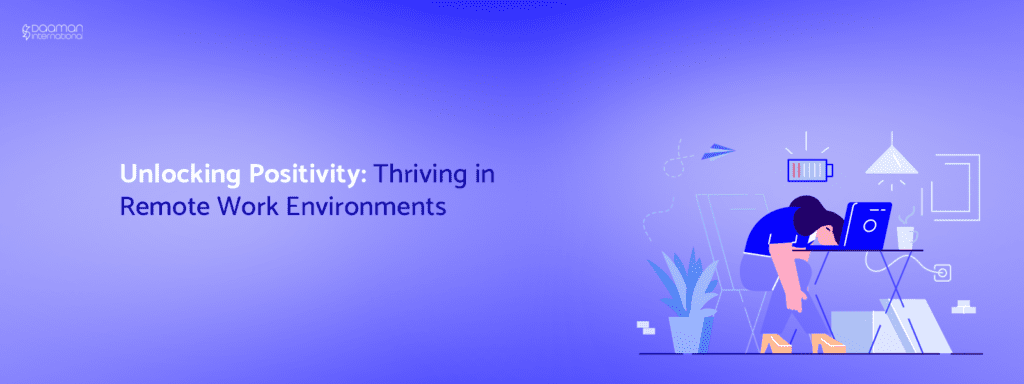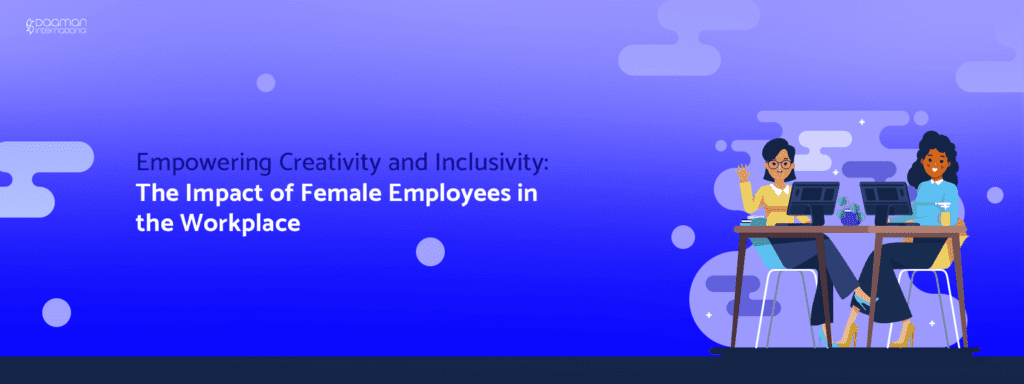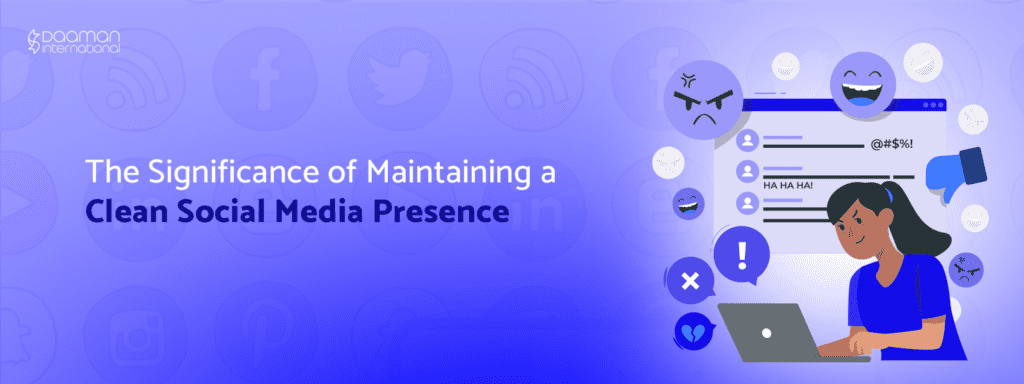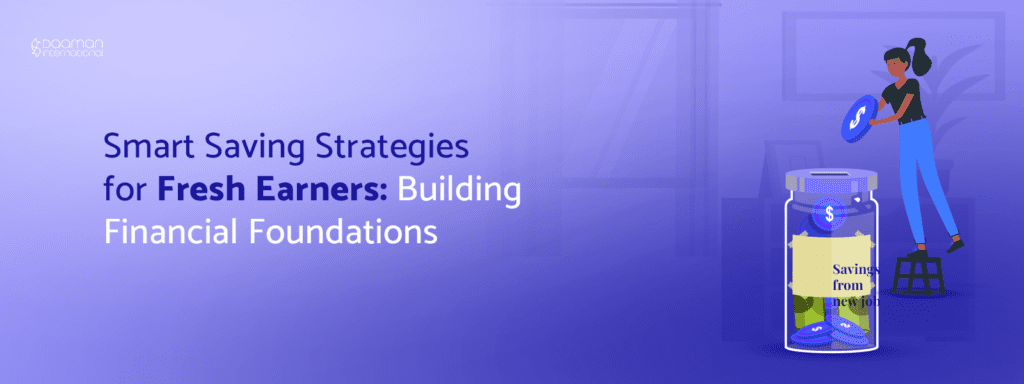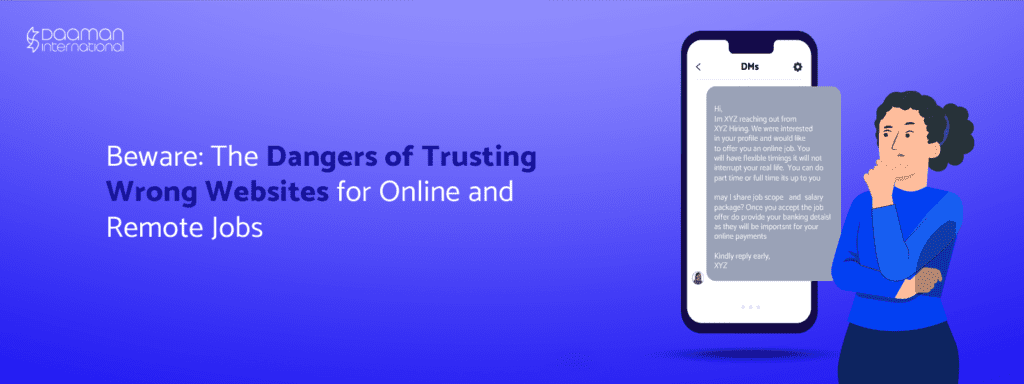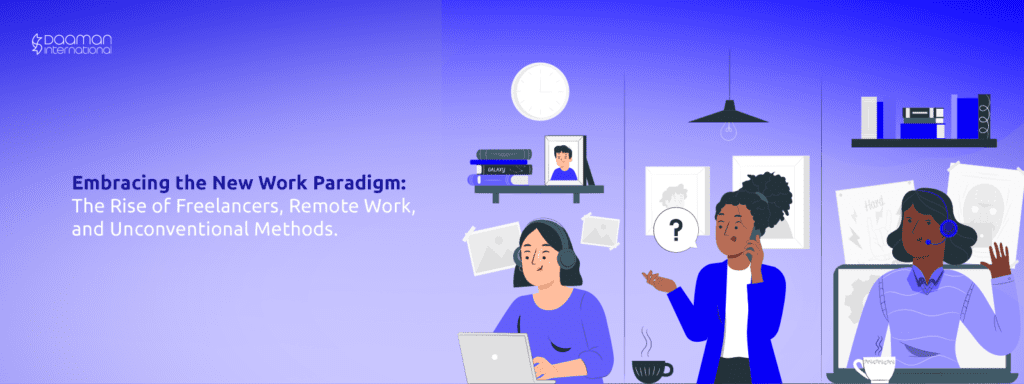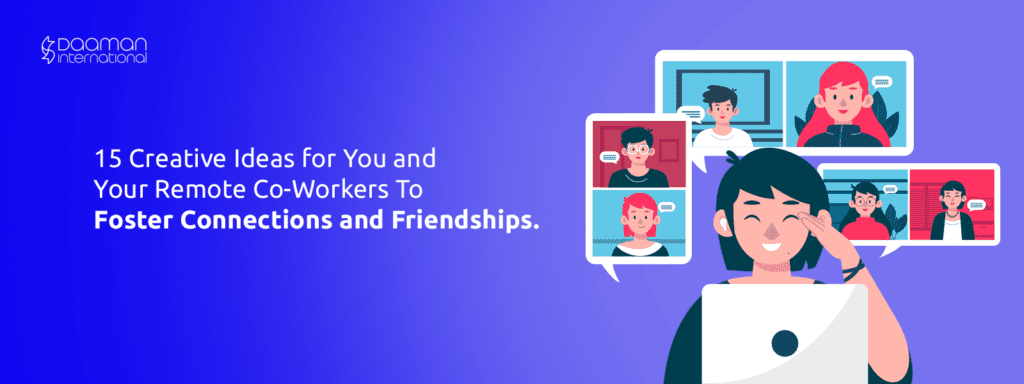Unlocking Positivity: Thriving in Remote Work Environments.
Many people locate themselves grappling with the demanding situations of navigating a constrained area for each paintings and entertainment. While the power of far flung paintings gives several benefits, it additionally affords particular hurdles, especially on the subject of keeping a fine mind-set amidst extended durations spent at domestic. However, with conscious techniques and proactive measures, it is feasible to domesticate a feel of positivity and well being, even in the confines of your private home surroundings. Establish a Structured Routine One of the keys to keeping positivity at the same time as operating remotely is to set up a established every day habitual. Set a regular wake-up time, allocate precise hours for paintings, breaks, and entertainment sports. A well-described habitual can offer a feel of balance and purpose, assisting to fight emotions of stagnation or aimlessness. Create a Dedicated Workspace Designating a particular region in your private home for paintings can assist delineate obstacles among expert and private existence. Ideally, this area need to be comfortable, well-lit, and loose from distractions. Personalizing your workspace with plants, artwork, or motivational prices also can foster a fine environment conducive to productivity. Prioritize Self-Care Nurturing your bodily and intellectual well being is paramount, specially while constrained to a domestic surroundings. Make self-care a concern through incorporating ordinary exercise, healthful ingesting habits, and good enough sleep into your every day habitual. Engage in sports that convey you pleasure and relaxation, whether or not it is training mindfulness, indulging in a hobby, or spending exceptional time with cherished ones. Break Up Monotony with Variety Combat emotions of stagnation through injecting range into your every day habitual. Explore distinctive workspaces inside your private home, inclusive of a comfortable nook through the window or a status table with inside the kitchen. Take benefit of bendy schedules to include out of doors walks, digital espresso dates, or on-line health lessons into your day, including variety and freshness in your habitual. Cultivate Connection Maintaining significant connections with colleagues, friends, and own circle of relatives participants is essential for preventing emotions of isolation and fostering a feel of community. Schedule ordinary digital meetups, crew test-ins, or social gatherings to live related with others. Engage in open and sincere conversations approximately your reports and emotions, bearing in mind mutual assist and understanding. Set Realistic Boundaries Establishing obstacles among paintings and private existence is critical for retaining your intellectual fitness and well being. Clearly talk your availability and operating hours to colleagues and supervisors, and withstand the temptation to continuously test emails or messages out of doors of distinct times. Create a healthful stability through carving out time for relaxation, hobbies, and social sports. Embrace Continuous Learning Use far flung paintings as an possibility for private and expert boom through making an investment in gaining knowledge of and ability development. Enroll in on-line courses, attend digital workshops, or discover new pursuits and passions. Cultivating a boom mind-set can empower you to conform to change, conquer demanding situations, and locate achievement to your pursuits. In conclusion, keeping positivity at the same time as operating remotely calls for a proactive method and a dedication to self-care, connection, and boom. By enforcing those techniques and embracing the particular possibilities that far flung paintings affords, you may thrive in your private home surroundings and domesticate a feel of achievement, purpose, and well being.
Unlocking Positivity: Thriving in Remote Work Environments. Read More »


